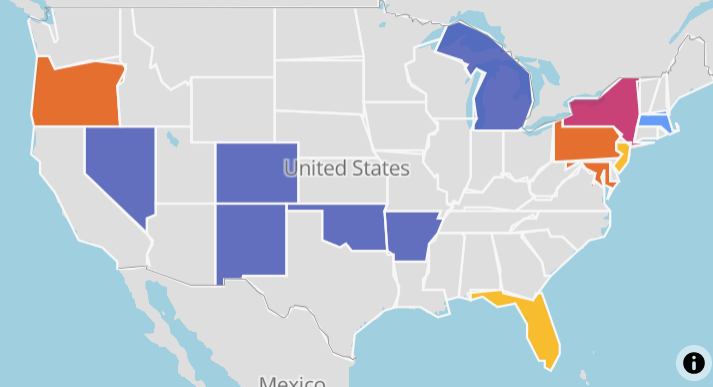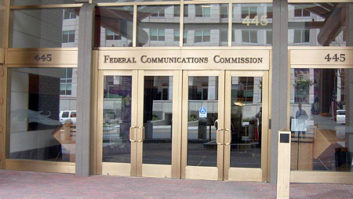To help fight pirate radio, the Federal Communications Commission hired four full-time people in fiscal 2023 and is in the process of hiring more.
That’s according to the FCC Enforcement Bureau’s annual report to Congress about its enforcement efforts to fight illegal radio.
The FCC has also ordered six vehicles to support the hires with mobile direction-finding equipment. “These six vehicles will be outfitted in the 2024 and 2025 calendar years … and will include specialized hardware and software for the detection for pirate radio operators,” it wrote.
“We also purchased additional equipment that will help us identify and locate pirate radio operators.”
The FCC must submit the report under the Preventing Illegal Radio Abuse Through Enforcement (PIRATE) Act, which became law in 2020.
The act increased the maximum monetary penalties for pirate operators; those caps now are $119,000 per day and $2.4 million total.
The commission reported to Congress that during the past fiscal year, it announced its first proposed fines under the act, including a maximum one against César Ayora and Luis Angel Ayora for pirate broadcasting in Queens, N.Y. That fine was later affirmed, though there has been no indication that it has been paid.
(Though not in fiscal 2023, the commission in November also proposed major fines against three more operators in the New York City area.)

The act also requires the FCC to conduct annual enforcement “sweeps” of pirate radio in the five markets with the most pirate operations; the commission said it began sweeps in late 2022, though it gave no details other than to say that it is seeking to hire agents in areas where it conducts the sweeps.
The PIRATE Act also gave the FCC more enforcement authority over property owners and managers that allow pirates on their property.
In FY23, the Enforcement Bureau said, issued 44 notices to owners and landlords, including 25 related to pirate sweeps. “Because pirate radio stations often cease operating for a period of time but then return, the bureau will continue to monitor the properties for which notices were provided and will initiate enforcement action where appropriate,” it stated.
And the act required the FCC to build a database of pirate enforcement efforts. It debuted in January last year and has been updated through Dec. 31.
The database lists 90 enforcement actions over the past 3-1/2 years, including the fines discussed above, a few consent decrees and other NALs, and the notices to landlords. New York, Massachusetts and Florida have seen the most enforcement activity during that time, with New York alone accounting for almost 40% of the actions.




